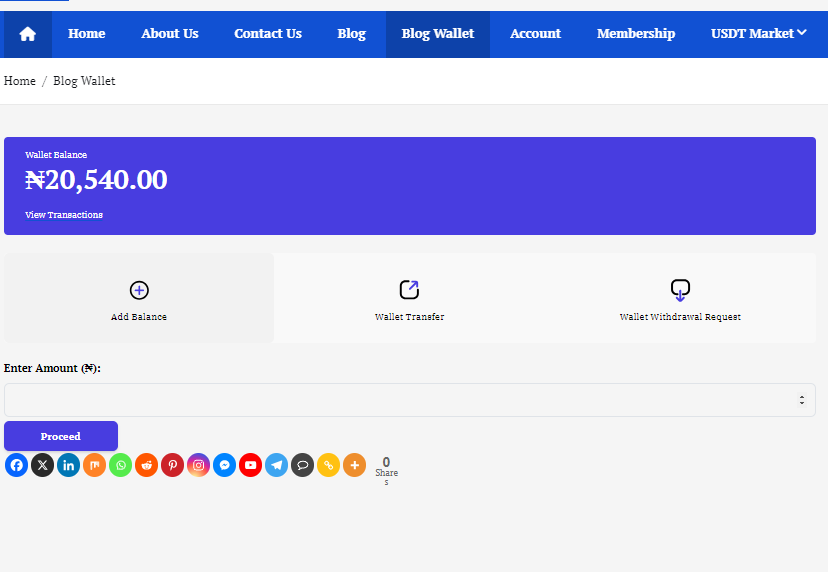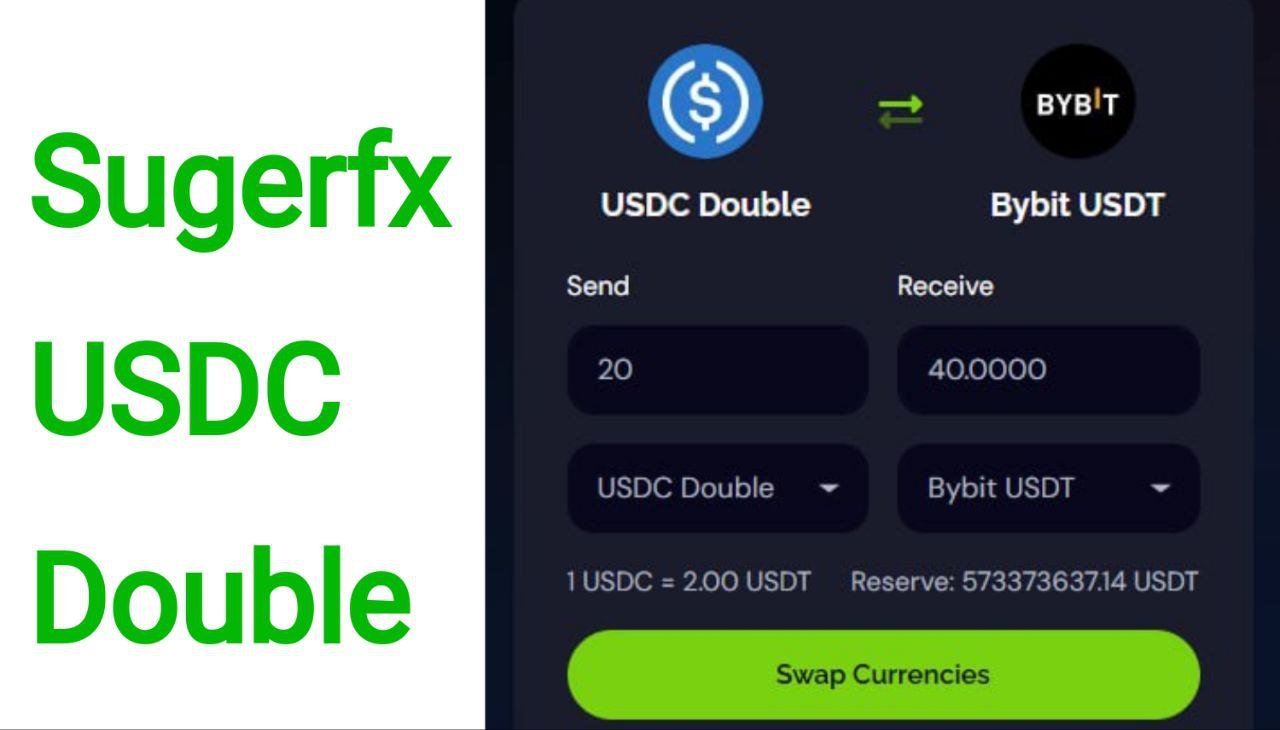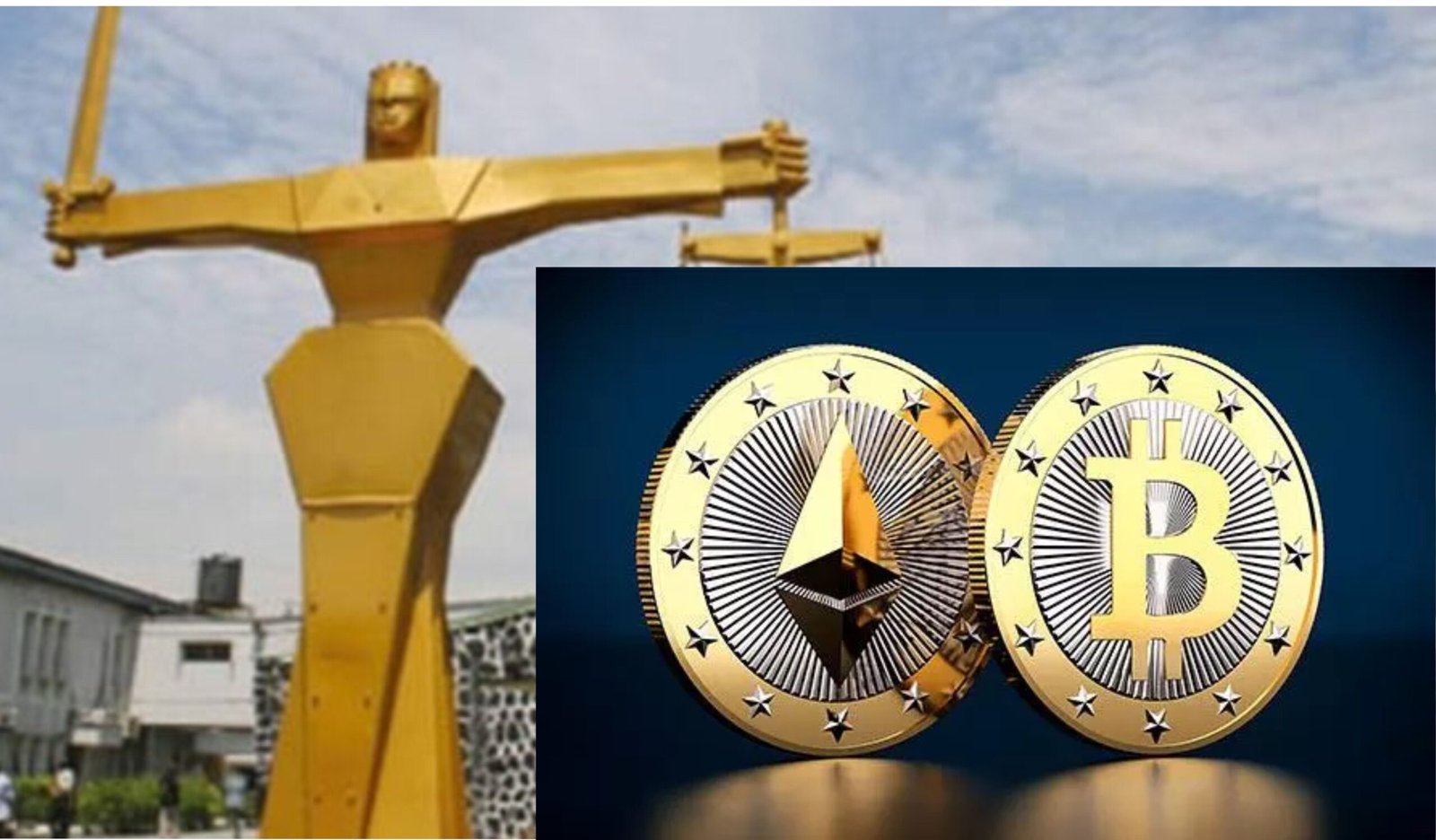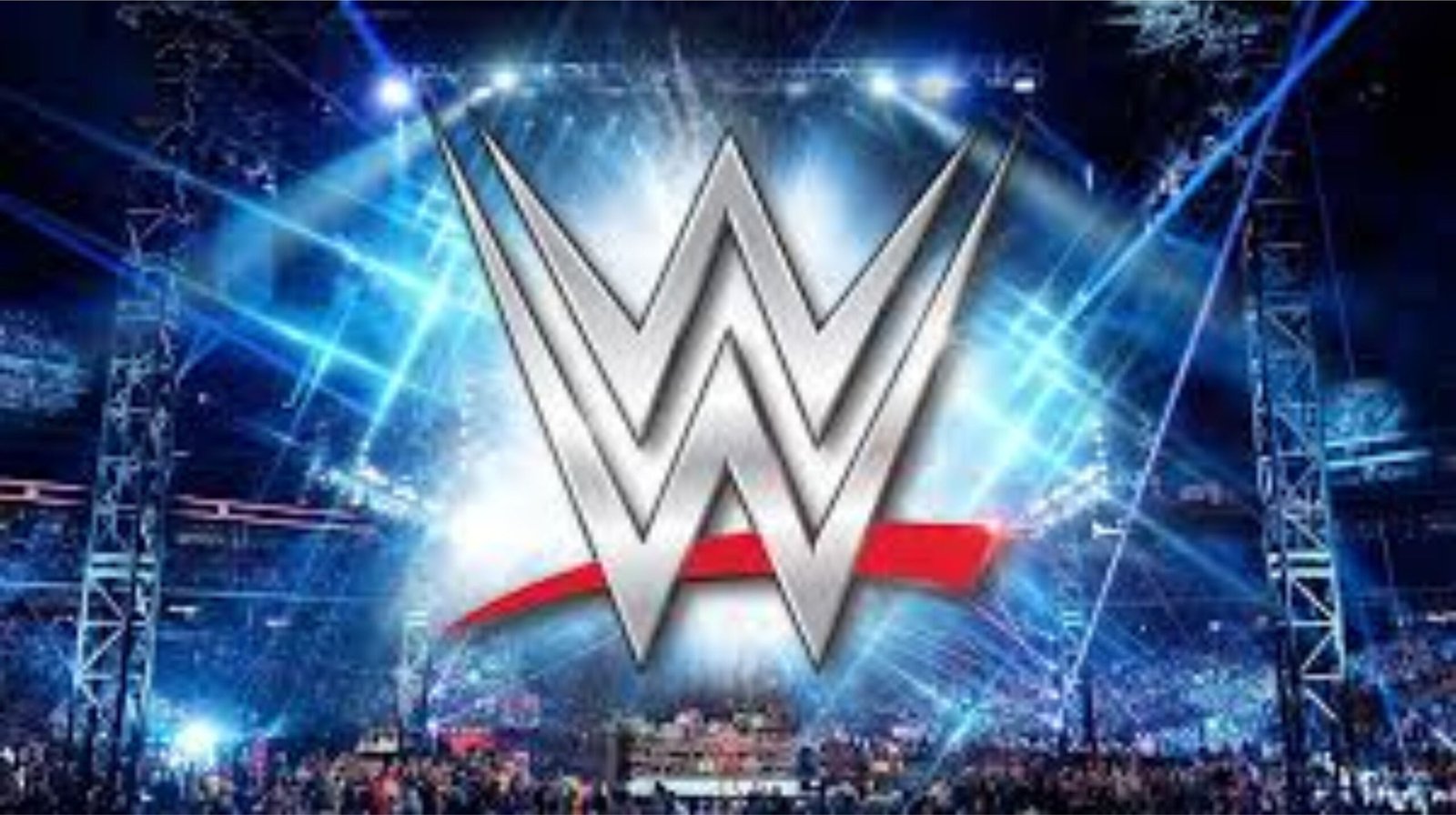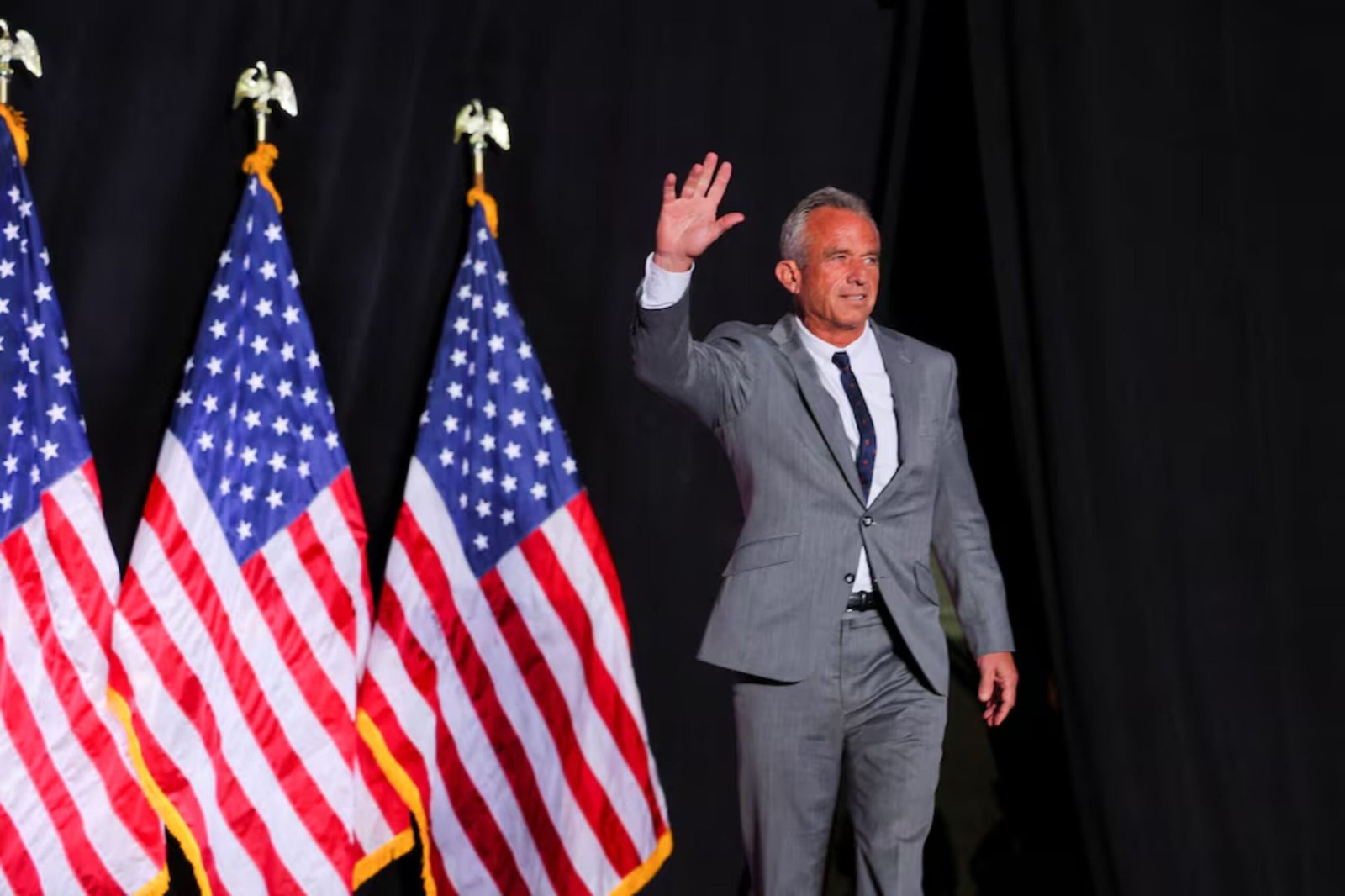
Europe’s Vaccine Makers Hit Hard as Trump Appoints RFK Jr. to Lead US Health Agency
The pharmaceutical sector across Europe faced a sharp decline as news broke that former U.S. President Donald Trump has tapped Robert F. Kennedy Jr. (RFK Jr.) to head a leading U.S. health agency. This decision, steeped in controversy due to RFK Jr.’s outspoken skepticism of vaccines, has sent ripples through global health and financial markets.
As one of the most polarizing figures in public health debates, RFK Jr.’s appointment signals potential shifts in U.S. health policy that could reverberate across the globe, particularly impacting vaccine makers who rely on stable regulatory environments.
A Controversial Appointment
Robert F. Kennedy Jr., a member of the prominent Kennedy family, is known for his activism in environmental and health-related issues. However, his vocal criticism of vaccine safety and efficacy has drawn significant backlash from the scientific community and public health experts.
Trump’s decision to place RFK Jr. at the helm of a major health agency has been seen by many as a political masterstroke to energize his base but a potential setback for global health initiatives. The implications are particularly alarming for vaccine manufacturers, as RFK Jr. has previously called for stricter oversight and even investigations into vaccine-related practices.
The Immediate Market Reaction
European pharmaceutical giants such as GlaxoSmithKline (GSK), Sanofi, and AstraZeneca saw their stock prices tumble within hours of the announcement. The uncertainty surrounding future U.S. vaccine policies, especially regarding funding and approvals, has unnerved investors.
Key Factors Behind the Decline
- Regulatory Uncertainty: With RFK Jr.’s history of questioning vaccine safety, European companies fear stricter regulatory hurdles for gaining U.S. approval, which remains a critical market for their products.
- Public Sentiment: The appointment could embolden anti-vaccine movements worldwide, potentially decreasing vaccine uptake and affecting sales.
- Global Collaboration at Risk: European vaccine makers often collaborate with U.S. agencies like the CDC and FDA. RFK Jr.’s leadership might strain these partnerships, slowing innovation and deployment of vaccines.
Reactions from Global Stakeholders
Scientific Community
Public health experts and researchers have expressed alarm over RFK Jr.’s new role, fearing it could undermine decades of work in building public trust in vaccines. Dr. Anthony Fauci, former director of the National Institute of Allergy and Infectious Diseases (NIAID), called the appointment “a concerning development for science-based health policy.”
Political Leaders
European Union officials have cautiously weighed in, emphasizing the importance of transatlantic cooperation in global health. “Science and evidence must guide health policy, especially in critical times,” stated Stella Kyriakides, the EU Commissioner for Health and Food Safety.
Pharmaceutical Industry
Vaccine makers have issued statements reaffirming their commitment to rigorous scientific standards. A spokesperson for GlaxoSmithKline said, “We remain confident in the safety and efficacy of our vaccines, which are built on decades of research and robust clinical trials.”
Potential Long-Term Implications
RFK Jr.’s appointment could have far-reaching consequences beyond immediate market reactions.
- Funding Cuts for Vaccines: The U.S. government is a major contributor to global vaccination programs. A shift in priorities could lead to reduced funding for initiatives like Gavi, the Vaccine Alliance, and the WHO.
- Increased Misinformation: The visibility of a prominent vaccine skeptic in such a high-profile role may amplify misinformation, further eroding public trust in vaccines.
- Impact on Research and Innovation: Vaccine makers may become more cautious about investing in new projects, fearing a less favorable regulatory environment in the U.S.
What Lies Ahead?
The intersection of politics and public health is not new, but Trump’s decision to appoint RFK Jr. underscores the profound impact leadership choices can have on global health policy and industry dynamics.
For Europe’s vaccine manufacturers, the coming months will be critical. They must navigate this uncertain landscape by doubling down on transparency, advocacy, and innovation to maintain public trust and market confidence.
As the world watches this unfolding saga, one question looms large: Can the scientific community and global health leaders counterbalance the challenges posed by this contentious appointment? Only time will tell.
The global health sector, including vaccine manufacturers, now finds itself at a crossroads. With Trump’s decision reverberating far and wide, the stakes for science, public health, and business have never been higher.



